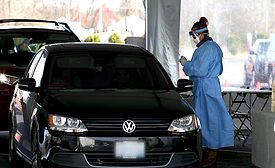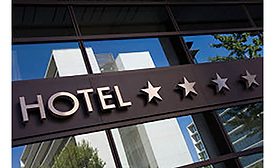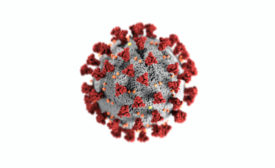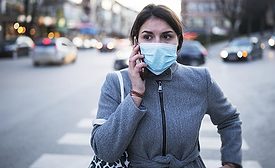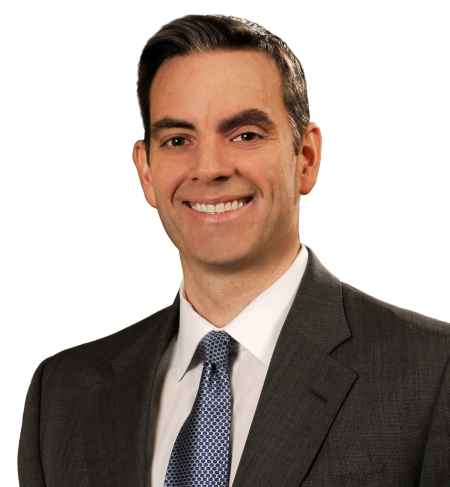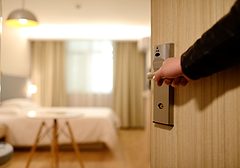Home » COVID-19
Articles Tagged with ''COVID-19''
Senators to Introduce COVID-19 Consumer Data Protection Act
Although it is unclear whether the forthcoming bill has any chance of becoming law, it is further evidence that companies need to consider the significant privacy issues and risks associated with implementing COVID-19-related technology.
May 1, 2020
Sign-up to receive top management & result-driven techniques in the industry.
Join over 20,000+ industry leaders who receive our premium content.
SIGN UP TODAY!Copyright ©2024. All Rights Reserved BNP Media.
Design, CMS, Hosting & Web Development :: ePublishing

